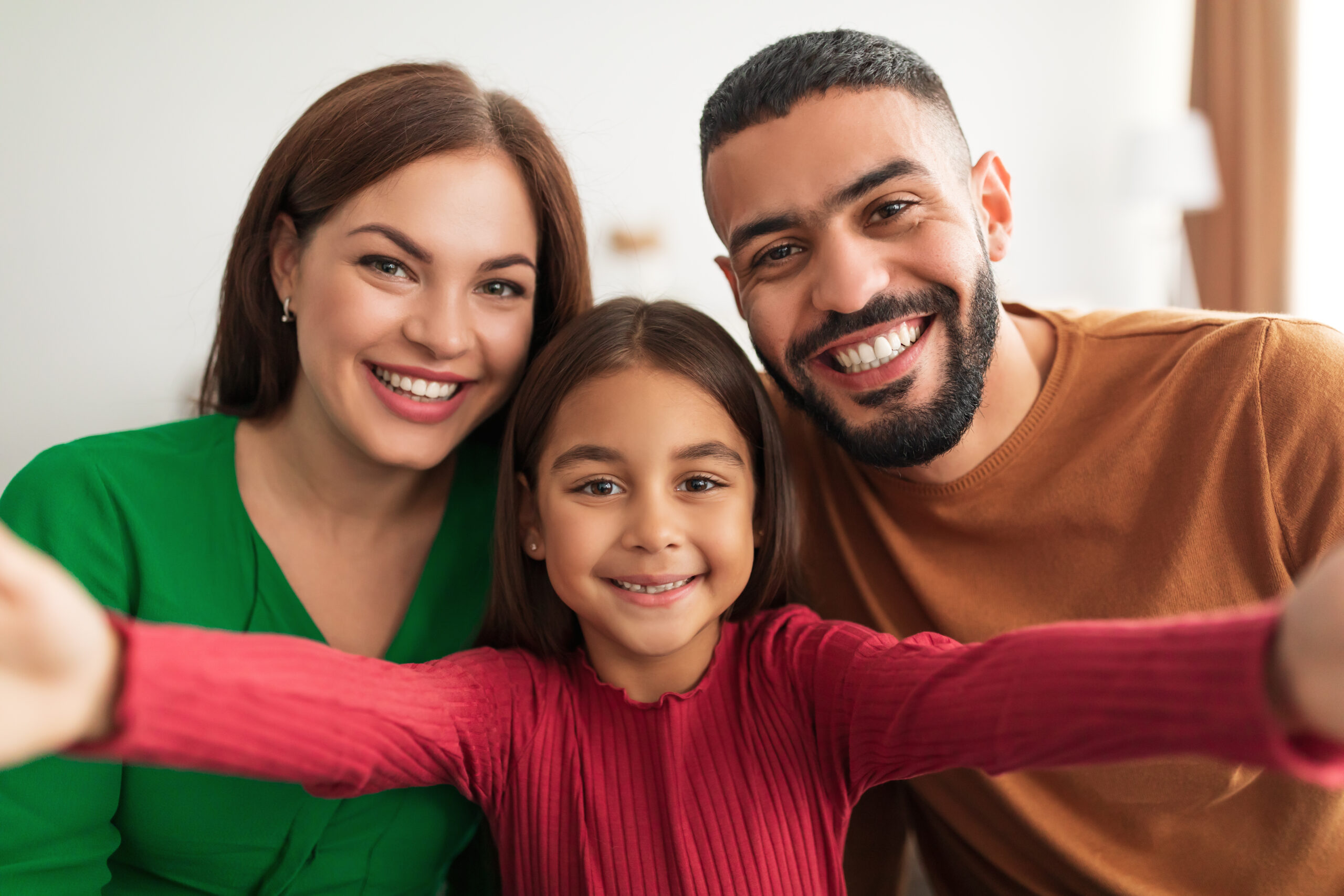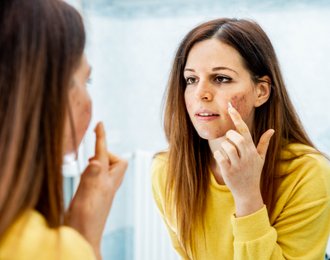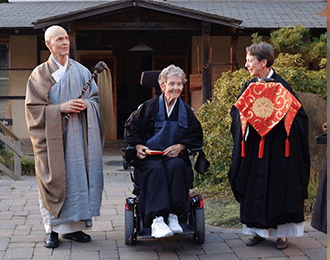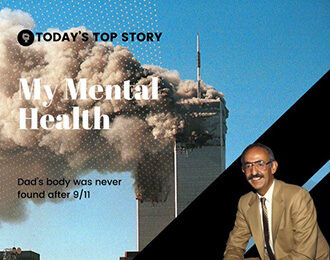Health literacy for caregivers subject of November webinar

American Dental Association – November 2021
Author: David Burger
Program to provide tips on what clinicians need to know when working with special populations, caregivers
In celebration of November as National Family Caregivers Month, the ADA’s Council on Advocacy for Access and Prevention is hosting a free webinar on the importance of oral health literacy for caregivers and their families.
A Family Affair: Caregiving, Oral Health and Health Literacy Considerations Across the Lifespan will stream live Nov. 29 from noon-1 p.m. Central time with one hour of continuing education credit pending approval.
During and after the webinar, participants will be able to describe three approaches to teaching pregnant women how to keep their infants cavity-free; understand what “teach back” is and how to use it; describe specific oral health challenges for disabled children, adults and the elderly, with strategies for improving care; understand the unique role of the family caregiver; and receive concrete tips on what clinicians need to know when working with special populations and their caregivers.
Alice Horowitz, Ph.D., a member of the ADA’s National Advisory Committee for Health Literacy in Dentistry, is one of three webinar presenters. She is a research professor in the department of behavioral and community health in the University of Maryland School of Public Health and formerly a senior scientist at the National Institute of Dental and Craniofacial Health.
Another presenter is Jeffrey Cantor, D.D.S., a private pediatric specialist, teacher and public health dentist who is currently the co-founder and CEO of Disability Dental Services in Chicago. The organization is the culmination of over 40 years working with patients with special needs, especially children with autism and adults with developmental disabilities.
Nicole Augustine is the third presenter, a qualified intellectual and developmental disabilities professional at Trinity Services in Des Plaines, Illinois. She has worked with adults with dementia, children with autism and adults with different functioning levels and both intellectual and developmental disabilities as well as mental illness.





